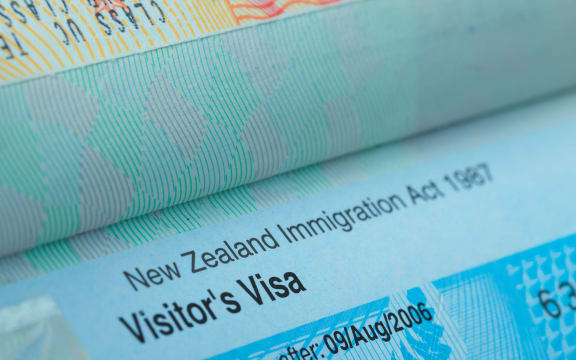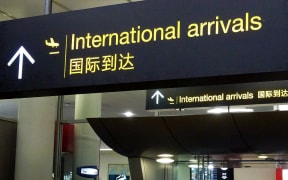Education leaders say they're weeding out dodgy education agents from India but fraudulent study visa applications from that country are likely to persist.

Education leaders have warned the number of fraudulent study applications coming from India are likely persist. Photo: 123rf.com
Immigration New Zealand figures show it refused 3104 applications from India in the three months from the start of July to the end of September.
That equated to a refusal rate of 37 percent - similar to the rate for the 2014/15 financial year.
In addition, documents obtained by the Labour Party under the Official Information Act showed the number of applications found to have fraudulent financial documents had increased from 75 in April to 640 by mid-August.
Indian education consultant Edwin Paul said the fact so many fraud cases had been detected showed Immigration New Zealand was doing its job well.
He said tertiary institutions were doing their part by refusing to work with agents that put forward bad applications.
"Providers in New Zealand have got their act together and they're actually culling their agent lists and removing the known bad ones," he said.
"Basically we're making it harder for the agents and we're scrutinising every application much more stringently than before.
"Earlier we were caught unawares but now being in the know, we know what to look for and we are clamping down."
But Mr Paul said that would not stop people from making fraudulent study visa applications, often through newly created education agent companies.
"The number of applications will still be there on the ground because it's a country of one billion people and a few thousand agents. The ones who are new will still try, but I think from our view the clamp-down is working pretty effectively."
The international education spokesperson for Independent Tertiary Education, which represents several hundred private sector institutions, Richard Goodall, said the refusal rate for Indian study visa applications had stayed high for a couple of reasons.
"It takes a while for the message to filter through that New Zealand isn't the easy target that it once was. And I think there are still some providers up and down the country who, for their financial survival I guess, are prepared to go where we won't go."
Mr Goodall said the various measures taken by Immigration New Zealand had had a cooling effect on the market and fewer Indian students were coming through.
He said at his institution, AIS, they had fallen from 50 to 40 percent of the student population.
Mr Goodall said he suspected the difficulty of getting a job in New Zealand after study was also starting to deter Indian students.
"Some of the agents perhaps back in India and that part of the world painted a fairly glowing picture, but the news is filtering back that getting a job in New Zealand, because of its small population and the nature of its economy, is not guaranteed."

Steven Joyce Photo: RNZ / Alexander Robertson
Mr Goodall said it seemed that fewer Indian students were getting approval, but the quality of the applications that were approved was higher.
Tertiary Education Minister Steven Joyce said government agencies had told institutions they must reduce the number of failed applications from their students.
"NZQA and Immigration New Zealand have given targets in terms of what their application rejection rates should be and they'll be required to meet those targets and progressively reduce the number of applicants that their agents are putting through that Immigration [New Zealand] then has to go and turn around and decline."
Mr Joyce said the work invoked law changes from July that made institutions answerable for the actions of their agents.
He said it might take several months for the institutions to improve, but they were in no doubt that they must reduce the number of declined applications.
Mr Joyce said institutions that persistently broke the rules faced sanctions that could include the loss of their right to enrol foreign students.






